Description
Efnisyfirlit
- Cover Page
- Half Title page
- Title Page
- Copyright Page
- Dedication
- Contents
- Preface to the first edition
- Preface to the second edition
- Preface to the third edition
- Introduction
- The organisation of the book
- Selecting material
- Part I Preliminaries and Early History
- 1 Criminology, crime and deviance: some preliminaries
- Key themes
- Introduction
- Good old common sense
- Setting the scene
- Criminology
- A range of disciplines
- Competing focuses
- Competing agenda
- Rival theories
- Varieties of methodology
- Political orientations
- Crime
- Measuring crime
- Varieties of crime
- Varieties of crime rise
- Varieties of criminal
- Deviance
- Other terms and concepts
- Selected further reading
- 2 Measuring crime and criminality
- Key themes
- Introduction
- Official statistics
- The ‘dark figure’ of crime
- Public reporting
- Changes in the law
- The role of the police
- Ways of seeing
- The implications for criminal statistics
- Victim surveys
- Victimology
- Surveying victims
- Findings
- Local victim surveys
- Victim surveys: limitations and problems
- The usefulness of criminal statistics
- Local crime surveys and left realism
- Recent crime trends
- Selected further reading
- 3 Criminology and criminologists up to World War Two
- Key themes
- Introduction
- Tree of sin, tree of knowledge
- The criminological tree of knowledge: separating the tree from the wood
- Classicism and positivism
- Positivist criminology
- The turn of the century to the 1930s
- Eugenics
- Selected further reading
- Part II World War Two to the Mid-1960s
- 4 The discipline of criminology and its context – 1
- Key themes
- Introduction
- The emergence of criminology
- Institutional roots
- Main characteristics
- An ‘everything’ of crime
- Sociological criminology
- Sociological criminology in Britain from the 1950s to the mid-1960s
- Sociological criminology in the United States
- The Chicago School
- Early ‘strain theory’
- Strain theory and crime policy
- Selected further reading
- 5 Social disorganisation and anomie
- Key themes
- Introduction
- The sociology and criminology of Emile Durkheim (1858–1917)
- Durkheim’s sociology
- Achieving social order
- Mechanical and organic solidarity
- Crime as inevitable and necessary
- The Chicago School
- The Chicago School: an assessment
- Mertonian strain theory
- Merton’s anomie
- Criticisms
- Selected further reading
- 6 Strain, subcultures and delinquency
- Key themes
- Introduction
- A. K. Cohen: developments in strain theory
- R. Cloward and L. Ohlin: opportunity knocks
- Opportunity structures in the world of delinquency
- Selected further reading
- 7 Criminological theory in Britain
- Key themes
- Introduction
- American influences
- Sociological criminology in Britain
- Developing a British perspective
- Cultural diversity theory
- Schools and the ‘problem of adjustment’
- Subcultural theory: taking stock
- Matza and Sykes: dissenting voices
- Selected further reading
- Part III The Mid-1960s to the Early 1970s
- 8 The discipline of criminology and its context – 2
- Key themes
- Introduction
- The Development of Sociological Criminology in Britain
- The Break with Orthodoxy: The New Deviancy
- Wider societal factors: the counter-culture
- The New Left
- Radicals and the New Deviancy: The Impact on British Criminology
- Divisions and disputes
- Selected further reading
- 9 New deviancy theory: the interactionist approach to deviance
- Key themes
- Introduction
- Labelling theory
- Learning to become ‘deviant’
- Primary and secondary deviation
- The amplification of deviance
- Conceptualising deviance
- Criticisms of the new deviancy
- A quality of the act?
- Underdogs
- ‘Nuts, sluts and preverts’
- Selected further reading
- Part IV The 1970s
- 10 The discipline of criminology and its context – 3
- Key themes
- Introduction
- Deviance and politics
- The sociology of law: making laws, making deviants
- Self-interested rule makers
- Cynical rule breakers
- Criminology in the 1970s: other directions
- Feminism and criminology
- Interactionism, phenomenology and ethnomethodology
- Orthodox criminology
- Radical critiques and the growth of the New Right
- Radical criticism on a general level
- Radical criticism within criminology
- Divisions within radical thought
- Selected further reading
- 11 Post-new deviancy and the new criminology
- Key themes
- Introduction
- Deviance and power
- American conflict theory
- Politicising deviance
- Critical criminology
- Critical responses
- Marx and Engels on crime
- Taylor, Walton and Young and the politicisation of deviance
- Politicising deviance: nuts, sluts, preverts … and revolutionaries?
- Youth subcultures and politics
- Critical criminology: deviance, crime and power
- The powerful as law makers
- Structural Marxist approaches
- Policing the crisis
- Powerful law breakers
- Phenomenology and criminology
- Ethnomethodology
- Control theory
- Extending the model
- Control theory in the 1970s
- Feminist perspectives and criminology
- Invisibility
- Distortion
- Criminal justice
- Victimisation
- Selected further reading
- Part V The 1980s to the Mid-1990s
- 12 The discipline of criminology and its context – 4
- Key themes
- Introduction
- The shift to the right in British politics
- 1979: a political turning point
- Good old common sense – again
- Criminology’s external history
- Social organisation
- The growth of policy-oriented research
- Mapping the terrain
- Research topics
- The nature and context of research
- An expanding academic base
- The research focus
- Policy and pragmatism
- Some factors influencing the course of research
- Policy-oriented research and the left
- British criminology in the late twentieth century
- The backdrop
- Some of the main features of British criminology in the late twentieth century
- Selected further reading
- 13 Criminological theory
- Key themes
- Introduction
- Mainstream criminology
- Longitudinal research and criminal careers
- Age and criminality
- Socio-economic status and criminality
- Anti-social tendencies
- Family context
- Moral panics?
- Persistent offenders
- The historical roots
- Feminism and criminology
- Making females visible
- Challenging ‘distortion’
- The criminal justice system
- The police
- Sentencing
- Imprisonment
- Victimisation
- Gender and crime
- Masculinities and crime
- The causes of crime
- Power
- Administrative criminology
- Right-wing classicism
- Neo-positivism and right realism
- Leniency and permissiveness
- Human nature
- Neo-positivism and free will
- Radical criminology
- What were left realists saying?
- Crime and its impact
- Explanations
- Policies
- Critical criminology and left realism
- The left realist criticism of ‘left idealism’
- Criticisms of left realism by critical criminology
- Final remarks on this period
- Conventional crime
- Winning the fight against crime?
- Selected further reading
- Postscript
- Part VI The Mid-1990s into the New Millennium
- 14 The discipline of criminology and its context – 5
- Key themes
- Introduction
- New Labour, old problems
- A political transformation
- Getting tough
- A conceptual framework
- Restorative justice
- Imprisonment
- Social policy and New Labour
- Crime prevention, crime reduction and community safety
- From community safety to community crime reduction
- Crime and criminal justice: the wider context
- Globalisation, social change and late modernity
- Risk and security
- Surveillance
- Actuarial justice
- Criminology in the new millennium
- Selected further reading
- 15 Theorectical perspectives: recent developments
- Key themes
- Introduction
- Postmodernist perspectives
- Feminist perspectives
- Criminology and feminisms
- Offending and punishment
- Offenders
- Perspectives on masculinities
- Control perspectives
- Cultural perspectives
- Critical perspectives
- A changing context
- The agendas of critical criminology
- Critical perspectives on concepts of crime and deviance
- Social censures
- Victims and criminalisation: left realism
- Dispensing with legalism
- Dispensing with crime
- Dispensing with criminology
- Left realism and the ‘crime problem’
- Morality, tolerance and the ‘crime problem’
- Critical criminology, globalisation and neo-liberal markets
- Vertiginous late modernity
- Green perspectives
- The future of critical criminology
- Final remarks
- Selected further reading
- Postscript to the 2nd Edition
- Postscript to the 3rd Edition
- References
- Name Index
- Subject Index

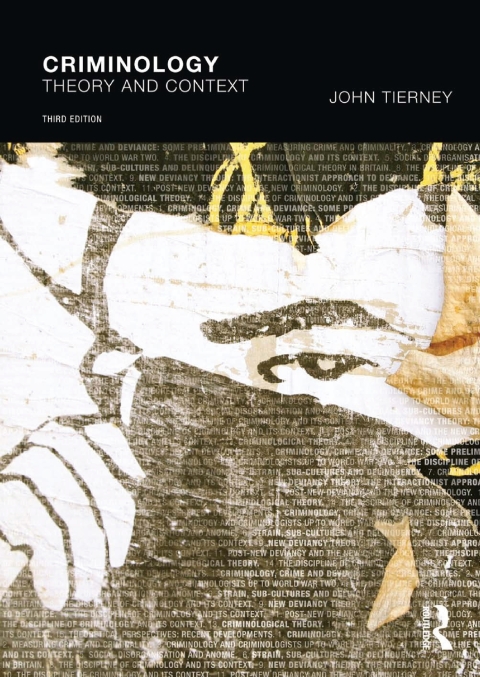
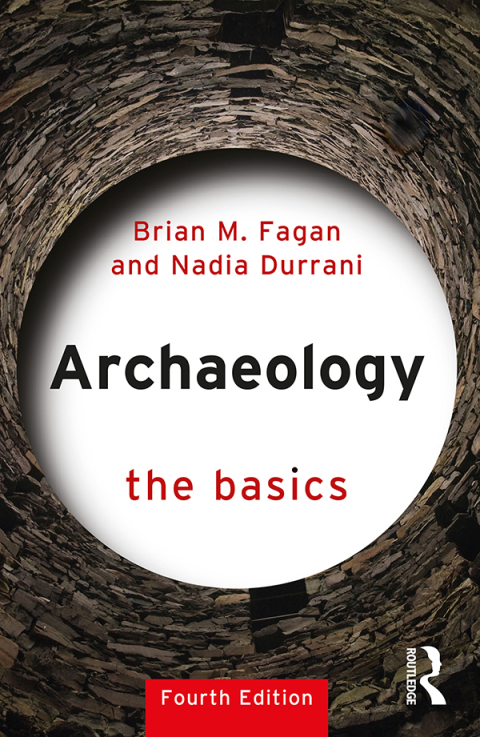
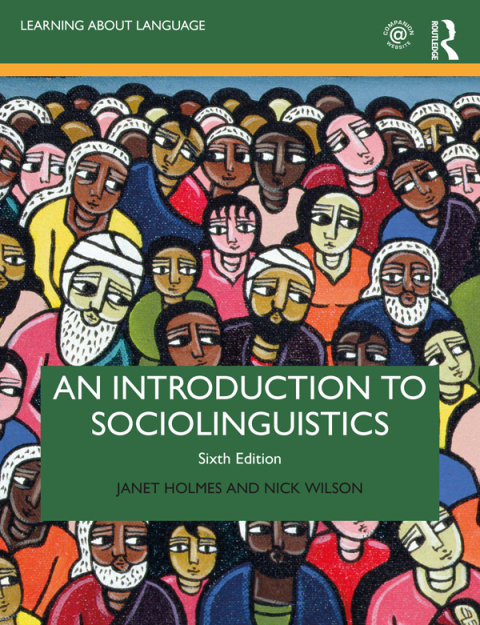
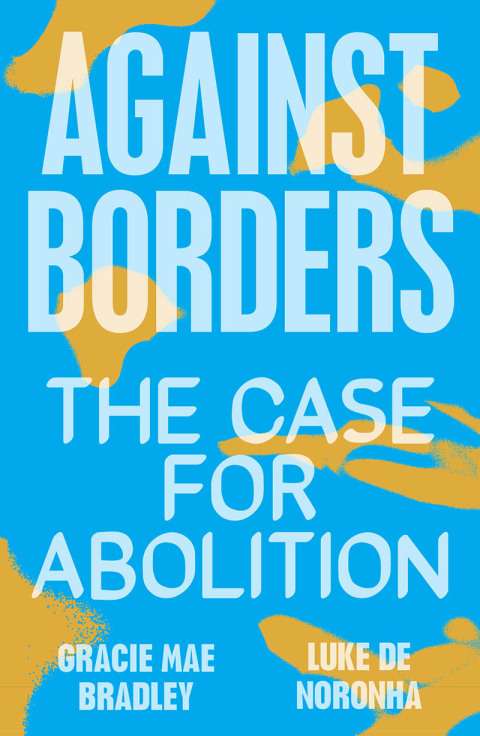
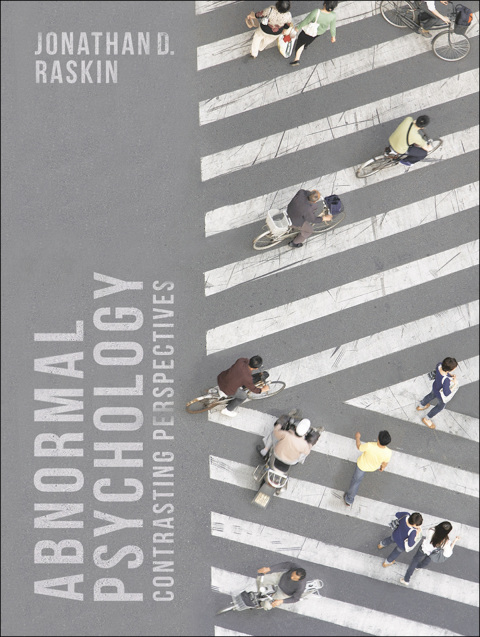
Reviews
There are no reviews yet.